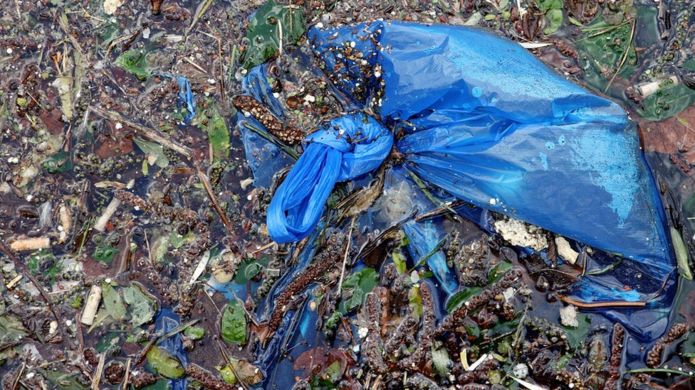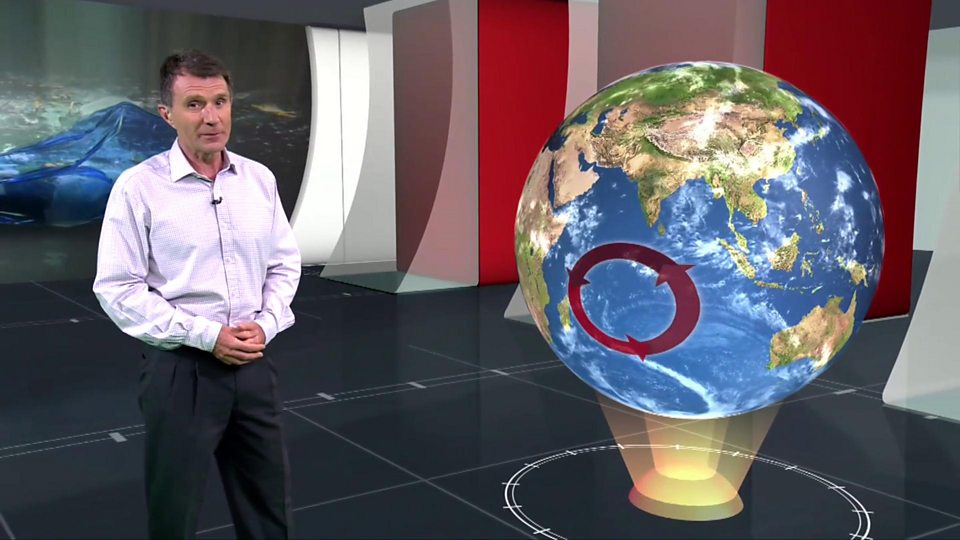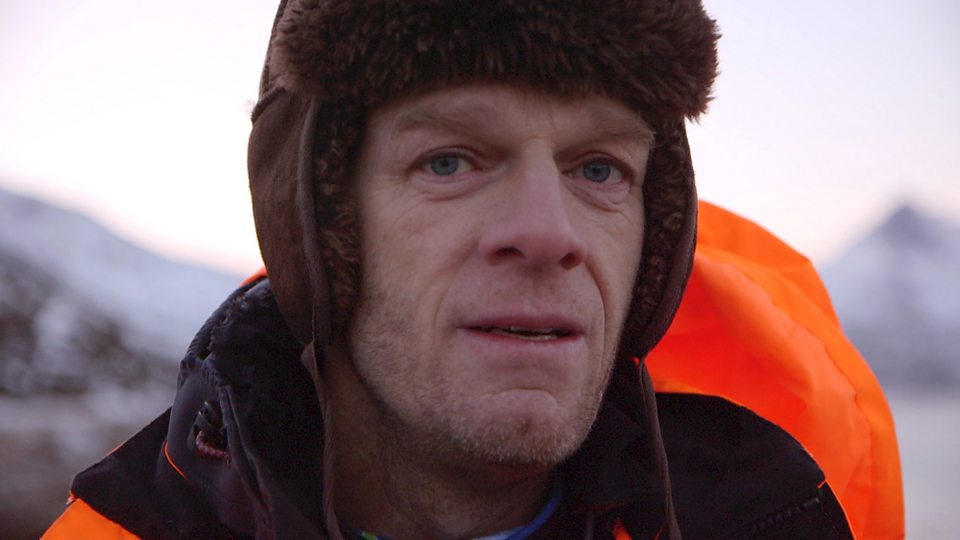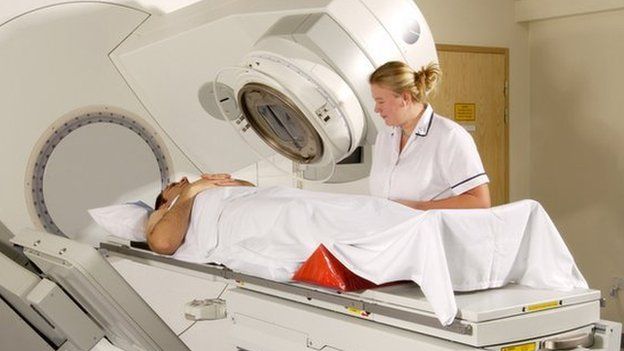Home » Posts tagged 'bbc news'
Tag Archives: bbc news
Copper works reopening hits ‘significant milestone’ – BBC Anglesey Mining article
Developers hoping to restart mining an Anglesey copper works say they’ve reached a “significant milestone” after submitting the first necessary steps for plans that could create 120 jobs.
Tests show the area around Parys Mountain to contain deposits rich in copper, zinc, lead, silver and gold “worth around $1bn [£755m]”, according to Anglesey Mining PLC.
The company has now prepared the first phase of an environmental impact assessment with the ambition of new underground works at the site.
Anglesey councillor Aled Morris Jones said he welcomed “the potential to create jobs but while adhering to concrete guidelines to protect the environment”.
Link here to read the full article
BBC News – Mirriad’s AI slips ads into empty spaces in online videos
 Software company Mirriad has developed a way for adverts to be “inserted” into films and television shows streamed online.
Software company Mirriad has developed a way for adverts to be “inserted” into films and television shows streamed online.
It uses artificial intelligence techniques to recognise objects in a scene and spot slots where branded goods and posters can be added without looking out of place.
The aim is to ultimately tailor the product placements to individual viewers’ interests.
The London-based ad tech firm will show off its software at the CES tech expo in Las Vegas next week, as BBC Click’s Lara Lewington reports.
Find out what else will be on show at CES 2020
BBC: Hydrogen trains call for new Wales and Borders franchise – Powerhouse Energy #PHE

The new Wales and Borders rail franchise could be an opportunity to introduce “clean” hydrogen-powered trains, a Plaid Cymru AM has said.
Simon Thomas made the call off the back of research he commissioned on the potential to developing hydrogen infrastructure for transport in Wales.
Hydrogen-fuelled trains emit only steam and condensed water. They are currently being trialled in Germany.
The Welsh Government said it supported hydrogen technology.
Hydrogen-fuelled cars emit no carbon dioxide – although the production of hydrogen itself can, unless it is produced from renewable energy.
A report by Guto Owen, a consultant on developing renewable energy and low-carbon technology projects, said the Welsh Government has a “track-record” in awareness of hydrogen for transport.
It suggested that a planned automotive innovation park in Ebbw Vale, Blaenau Gwent, could nurture and develop ongoing support for the development of hydrogen vehicles.
It also put forward the idea that water in the Elan Valley reservoir system in Powys could be used for the production of hydrogen.
Mr Owen said the new railway franchise, and proposed metros in south and north Wales, “may present opportunities to fund hydrogen transport”.
“This could result in overall cost savings when compared to conventional rail electrification and by establishing hydrogen hubs for multiple transport users to reach economies of scale”, the report said.
It called for funding for hydrogen transport schemes, and for opportunities to support the local production and supply of hydrogen to be considered.
One firm, based in Llandrindod Wells, has been developing a Welsh hydrogen-fuelled car with £2m in Welsh Government funding.
‘Abundant natural resources’
The Welsh Government has awarded KeolisAmey the Wales and Borders franchise, promising new trains and services.
Parts of the Valley Lines network is planned to be served by “tram-train” electric vehicles, while tri-mode trains combining diesel, battery and 25kV electric power have been promised elsewhere.
Mr Thomas said: “Wales can once again be a place of innovators by establishing a dedicated team from our universities and councils to secure the funding for the local production and supply of hydrogen.
“The Welsh Government could use the opportunities provided by the new rail franchise and proposed Metros for the introduction of hydrogen trains and buses in Wales to ensure the air we breathe is non-polluting and fresh.”
Report author Guto Owen added: “Wales, with its abundant natural resources, has an opportunity to join the early movers by fast-tracking hydrogen for environmental, health and economic benefits.”
The Welsh Government said it had been proactive in supporting hydrogen technology in Wales.
“Our £5bn investment in a new rail service for Wales includes a major commitment to decarbonisation, electric traction, and rolling stock replacement, and the use of electricity sourced from 100% renewable sources,” a spokesman said.
“We explored fully the option of hydrogen technology with bidders during the procurement process and will continue to look for innovation on the network into the future.”
50 nations ‘curbing plastic pollution’ – BBC News
More than 50 nations are taking action to reduce plastic  pollution, says the UN in the biggest report so far.
pollution, says the UN in the biggest report so far.
By Roger Harrabin BBC environment analyst

India will eliminate all single-use plastic in the country by 2022, with an immediate ban in urban Delhi.
The pledge from a nation of 1.3 billion people is the most ambitious of the global plans against plastic pollution.
The UN report also reveals that the Galapagos will ban single-use plastics, Sri Lanka will ban styrofoam and China is insisting on biodegradable bags.
But the authors warn that far more needs to be done to reduce the vast flow of plastic into rivers and oceans.

Action against plastic waste has many drivers across the world. In the UK it has been stimulated by media coverage.
In many developing countries, plastic bags are causing floods by blocking drains, or they’re being eaten by cattle.
The report says policies to combat plastic waste have had mixed results. In Cameroon, plastic bags are banned and households are paid for every kilo of plastic waste they collect, but still plastic bags are being smuggled in.
In several countries, rules on plastic exist but are poorly enforced.

The report presents an A-Z of 35 potential bio substitutes for plastic. It runs from Abaca hemp (from the inedible banana Musa textilis ) to Zein (from a maize protein).
The list includes rabbit fur, sea grass and foam made with fungus. It mentionsQMilch, a firm that create casein textile fibres from waste milk.
It also highlights Piñatex, a plastic alternative made from pineapple leaves.
Some policy-makers, though, are wary about hyping the potential of bio alternatives.
Early optimism by some environmentalists about biofuels backfired when rainforests were felled to grow palm oil to fuel cars.
Erik Solheim, head of UN Environment, said: “The assessment shows that action can be painless and profitable – with huge gains for people and the planet that help avert the costly downstream costs of pollution. Plastic isn’t the problem. It’s what we do with it.”
The report says levies and bans – where properly planned and enforced – have been among the most effective strategies to curb plastic waste.
But the authors also cite a fundamental need for broader cooperation from business, including obliging plastic producers to take responsibility and offering incentives to stimulate more recycling.

National actions include:
- Botswana – retailers charged but no enforcement and controls “failed”.
- Eritrea – ban on plastic bags and dramatic decrease in drain blockage
- Gambia – ban on plastic bags, but “reappearance after political impasse”
- Morocco – bags banned – 421 tonnes of them seized in one year, virtually replaced by fabric
- Bangladesh – ban on bags but lack of enforcement
- China – was using three billion bags a year pre-2008. Now there is a ban on thin bags, use decreased 60-80% in supermarkets but not in markets.
- Vietnam – bags are taxed but still widely used. Government considering increasing tax five times
- Ireland – tax led to 90% fall in consumption
- Kenya – cows ingested an average of 2.5 bags in their lifetimes. Now there’s a total ban, and fines and a four-year jail term for making, importing or using them
Follow Roger on Twitter.
Proton beam cancer therapy ‘effective with fewer side effects’ – BBC News
 by Dominic Howell
by Dominic Howell 
A cancer treatment at the centre of an NHS controversy in 2014 causes fewer side effects in children than conventional radiotherapy, according to new research.
The study, published in The Lancet Oncology, suggests proton beam therapy is as effective as other treatments.
Researchers looked at 59 patients aged between three and 21 from 2003 to 2009.
In 2014 the parents of Ashya King took him out of hospital in Hampshire to get the treatment abroad.
Their actions led to a police operation to find them.
Ashya, who was five at the time of his treatment, is now cancer free, his family said last year.
‘Acceptable toxicity’
All the patients who took part in the study, led by Dr Torunn Yock from the Massachusetts General Hospital in the US, had the most common kind of malignant brain tumour in children, known as medulloblastoma.
After five years, their survival rate was similar to that of patients treated with conventional X-ray radiotherapy, but there were fewer side effects to the heart and lungs, the study found.
Dr Yock told BBC Radio 5 live: “The major finding is that proton therapy is as effective as photon therapy [conventional X-ray radiotherapy] in curing these patients and what is also very exciting is that it is maintaining these high rates of cure but doing so with less late toxicity, which has dramatic quality of life improvements.”
The paper said: “Proton radiotherapy resulted in acceptable toxicity and had similar survival outcomes to those noted with conventional radiotherapy, suggesting that the use of the treatment may be an alternative to photon-based treatments.
Full article here

 Gareth Wyn Williams
Gareth Wyn Williams